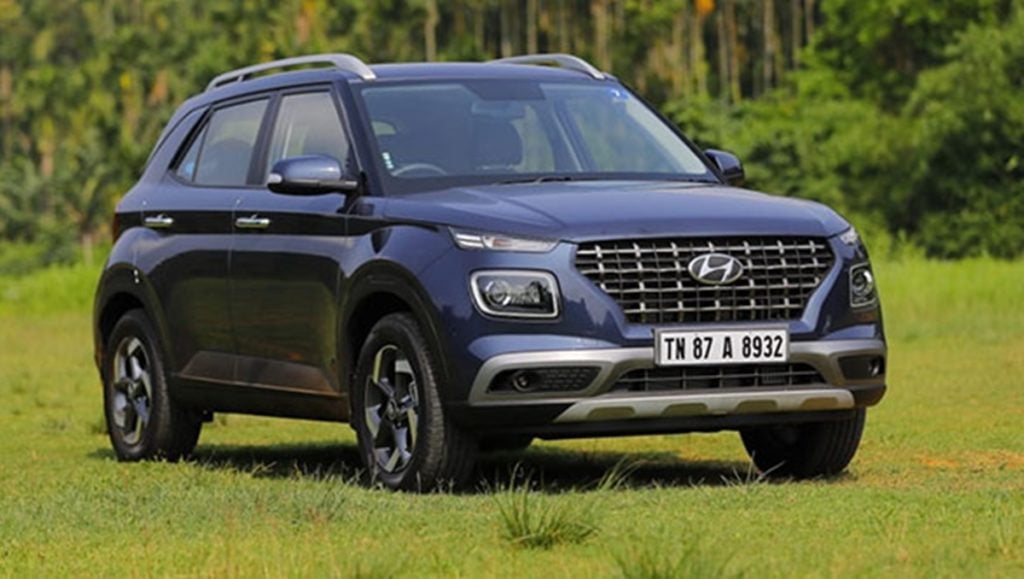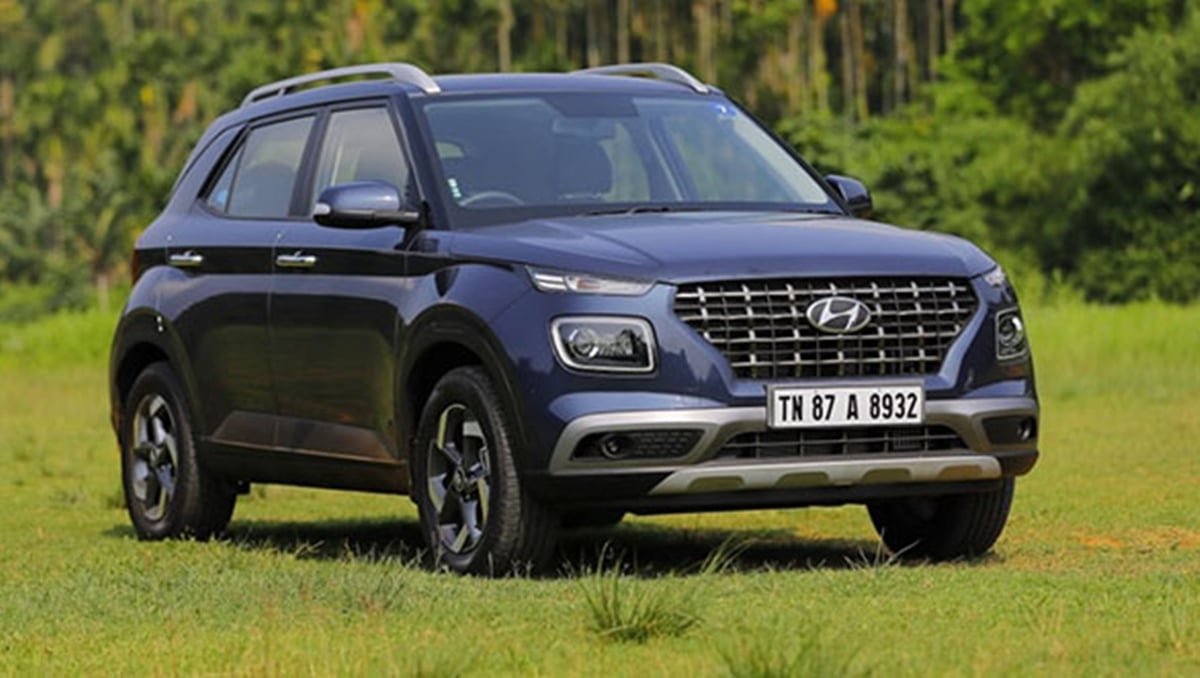Hyundai states the reason for the price hike is increased input cost. Although they haven’t mentioned the exact extent of hike, it will depend on model and fuel type.
Hyundai Motor India has announced a price hike across its range of hatchbacks, sedans and SUVs, effective from January 2020. Hyundai has sited a rise in input and material costs to be the reason behind this price hike. However, an annual increase in prices at the start of a new calendar year is a general practice adopted by a majority of manufacturers in the industry.

Although Hyundai hasn’t stated the exact amount of price hike for each model, they have mentioned that the increase will be subjective to the model and fuel type. This past year has already seen a price hike for a number of vehicles owing to the mandatory implementation of safety norms. These safety norms include ABS, driver side airbag, parking sensors, speed alert systems, seatbelt reminders and compliance with crash test regulations.
It must also be mentioned that there will be another round of price hike coming from Hyundai as they update their entire range of vehicles to meet the BS-6 emission norms sometime next year. Most Hyundai cars are still running BS-4 engines and they will inevitably see a rise in price as they make the switch to cleaner emission technologies before April 2020.
Also Read : Hyundai Begins Feasibility Study of Fuel Cell Electric Vehicles in India!
Even Maruti Suzuki and Kia have announced a price hike for their vehicles which would be effective from January 2020. You can expect more automakers to follow suit, in the run up to January 1, 2020. In other news from Hyundai Motors India, they have recently commenced a study on the feasibility of fuel cell electric vehicles in India, for which, Hyundai could possibly bring the Nexo fuel cell electric car to India.
Also Read : Hyundai Aura Global Debut Scheduled for December 19!
Hyundai is also set to reveal the all-new Aura compact sedan in India on December 13. It is essentially based on the Grand i10 Nios and it will come three BS-6 compliant engines at launch a naturally aspirated petrol, a turbo petrol and one diesel engine. The Aura is expected to share plenty of components with the Nios, including its dashboard and feature list.


